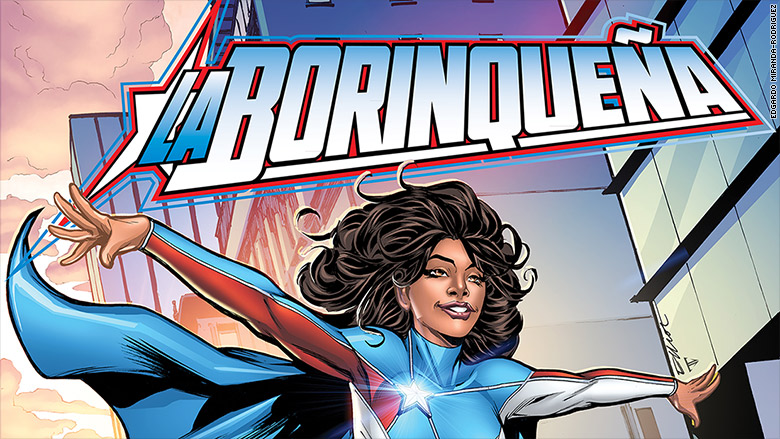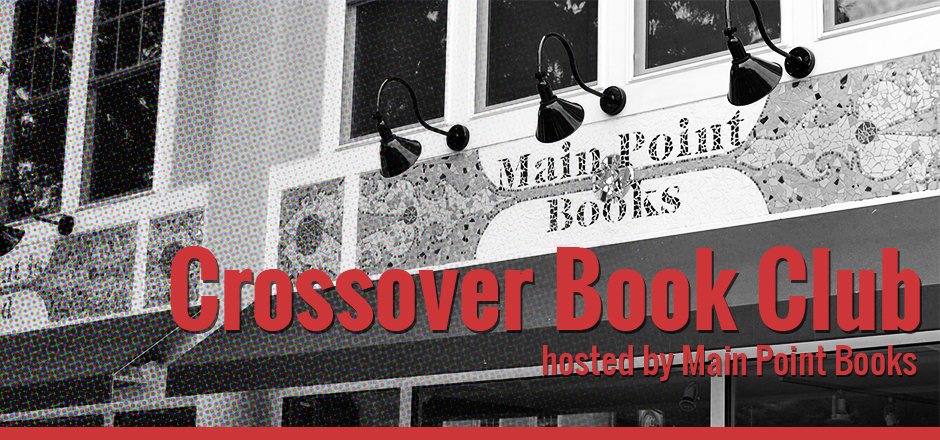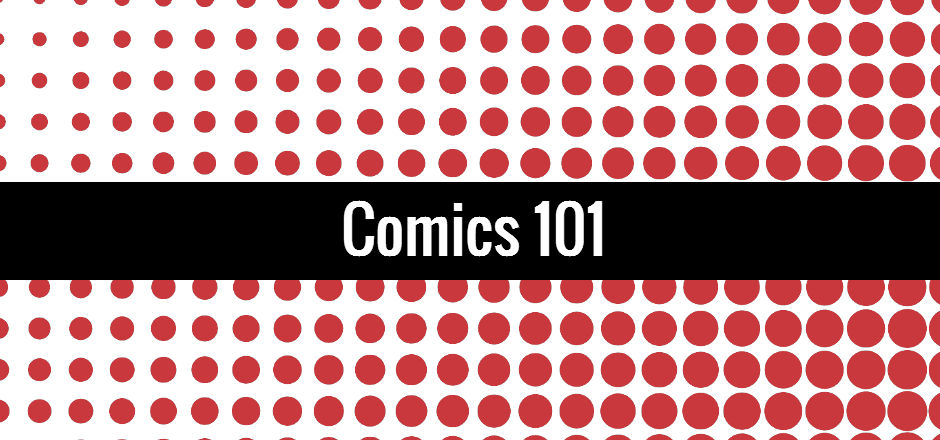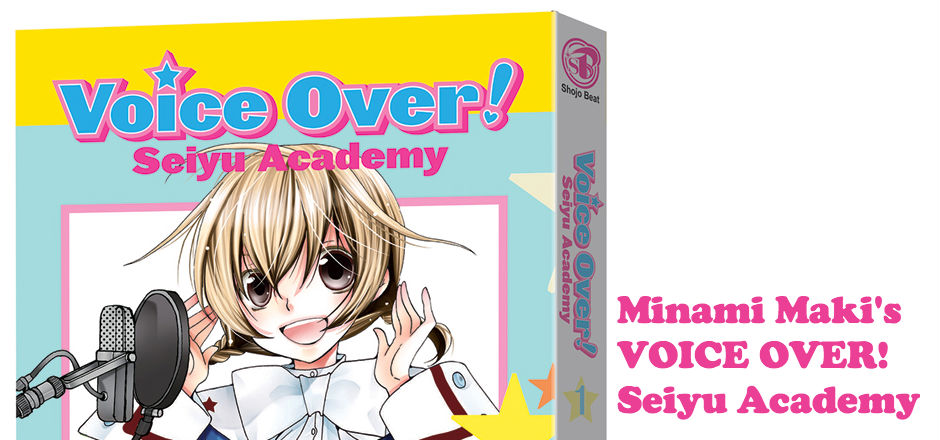Embracing his Puerto Rican heritage is essential for survival in a world that treats people of his ethnicity as second-class citizens, according to Edgardo Miranda-Rodriguez, the comic artist the creation of La Borinqueña, a story about a Black Puerto Rican superheroine named Marisol Rios De La Luz. He discussed including the need for education about and representation for the Puerto Rican people at Amalgam Comics & Coffeehouse in Philadelphia.
Puerto Rico is considered a United States territory, granting its inhabitants with citizenship and the ability to serve in the military but they’re left without privileges that other Americans have. For example, they aren’t represented in Congress nor are they able to vote for president. Because Puerto Ricans aren’t granted full political recognition due to their status as a territory in the U.S., Puerto Rican culture is also ignored by their fellow Americans oftentimes due to a lack of understanding or exposure.
Puerto Ricans like Miranda-Rodriguez therefore understand the need to celebrate their culture when the rest of the world dismisses it. “Instead of shying away from our heritage, instead of trying to… become ashamed of our heritage, we actually turned to because we recognized the power that our culture and our heritage actually had,” he said.
He described various institutions across the country, including Philadelphia’s own Taller Puertorriqueño, that embrace Puerto Rican heritage – a way for people to take back power and pride in their culture.
“I think that’s the power of being an American citizen – when we embrace and celebrate our diversity, and we don’t become this… homogenous culture… because there’s more power in our diversity,” he said.
While spreading Puerto Rican culture helps foster diversity around the country, Miranda-Rodriguez also recognizes the necessity in Puerto Ricans celebrating their heritage.
“‘Why are Puerto Ricans so into their culture?’ Because we had to be,” he said. “We had to survive. Whether we opened up with… restaurants or museums or schools, we did it to not only educate ourselves, but to educate the larger community.”
Among the issues Miranda-Rodriguez discusses in his comic was the mass exodus of Puerto Ricans into the mainland United States starting in 2007 after Congress shut down a tax loophole that allowed pharmaceutical companies to work in Puerto Rico without paying taxes, causing about 450,000 Puerto Ricans to move to places like Florida in order to find new employment.
[blocktext align=”right”]‘Why are Puerto Ricans so into their culture?’ Because we had to be.[/blocktext]The need to educate people about Puerto Rico became the reason why Miranda-Rodriguez decided to have Marisol fight against real issues that Puerto Rican people face in La Borinqueña rather than a traditional villain.
“When I created [Marisol], I wanted to create a character who doesn’t necessarily have to fight intergalactic threats… but real issues. One of the biggest challenges I had in writing my story was writing a story that didn’t have a villain,” he said.
When people asked who the villain of La Borinqueña was going to be, Miranda-Rodriguez’s answer was apathy. Through his national book tour, he hopes to spread the word about La Borinqueña to as many young people as possible, inspiring the youth to remain passionate and educated about other people’s issues rather than become indifferent towards them.
“I realized that as a comic book author and a storyteller that there’s a power in storytelling,” he said. “But there’s also a significant disempowerment in storytelling when you don’t see yourself in a story… That literally eats away at your psyche.”
Though he believes in the existence of universality in storytelling regardless of what the characters look like, Miranda-Rodriguez also thinks that seeing someone that looks like you in the media creates a level of enthusiasm that previously wouldn’t have existed.
“[Representation means that] we are being affirmed. We are being celebrated. We’re not invisible anymore. And that’s one of the main reasons why I decided to create La Borinqueña because she, for me, represented me,” he said.
Miranda-Rodriguez also didn’t want to feed into the media’s Eurocentric inclination to represent Latinos as light skinned. Instead, he created a Latina protagonist who had darker skin, drawing away from their representation on TV as maids or the help.
After the initial discussion on the creation of La Borinqueña, Miranda-Rodriguez answered audience questions ranging from other Puerto Rican issues to further representation in his comic book. He addressed the topics of forced sterilization on one-third of Puerto Rican women from 1930s to the 1970s and the close connection between the LGBTQ+ community and the Puerto Rican Taíno mythology that predates Columbus.
At the end of the event, Miranda-Rodriguez encouraged the audience to support other Puerto Ricans and the island of Puerto Rico itself.
“One of the things I’m most proud of… is the fact that every artist that’s ever worked on my comic book is Puerto Rican… and it was important to me to create a project that symbolized the power of a united Puerto Rican diaspora,” he said.
Due to the struggles that Puerto Ricans living on the island face, Miranda-Rodriguez understands the significance in diasporic Puerto Ricans giving back work and prosperity to Puerto Rico. He encouraged the audience to buy property in Puerto Rico and to view the struggles of Puerto Rico not as political issues, but as humanitarian issues.
You can buy Issue 1 of La Borinqueña here. You can visit writer Edgardo Miranda-Rodriguez on his website and follow him and his comic on Facebook, Twitter, and Instagram.






